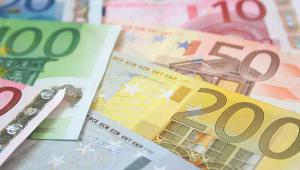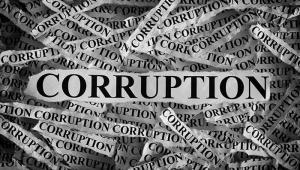In a commentary published after a number of visits to the country since the ousting of President Zine El Abidine Ben Ali in January 2011, IMF director for Middle East and Central Asia Masood Ahmed said economic reforms were needed to boost both public and private investment.
The country has grown by around 2.5% every year since 2012, while it has contained inflation at 5% and maintained foreign exchange reserves above the critical 3-month threshold.
Although Ahmed said this was ‘not a small achievement’, these growth rates were not enough to help reduce the unemployment rate and meet the aspirations for the Tunisian people.
In particular, he called for reforms to move the country away from the state-centred development model to one that would unleash the private sector.
‘Investors – both Tunisian and international – who have been waiting in the wings need encouragement to move forward, and increased public investment must support this specially in the interior zones that have traditionally been forgotten,’ he said. ‘The fall in oil prices provides some additional space for government spending which can be used for priority social and infrastructure upgrading.’
Among the recommendations were improved governance, greater transparency in the public sector, and safety nets to protect vulnerable segments of the population.
‘The Tunisian government has already initiated important steps in all of these areas and a number of laws to improve the business climate are now being considered by the new parliament,’ he added.
‘Similarly, proposals are being reviewed to restructure and strengthen some public banks so that they too can contribute effectively to private sector development. Encouraging as these steps are, it is also clear that additional efforts will be needed in the coming few years, some of which may require difficult decisions.’
Ahmed’s commentary also highlighted that terrorist attack last month at the country’s Bardo Museum, in which in which 22 people were killed, ‘reminds us that Tunisia is still vulnerable to unexpected and sometimes heartbreaking events’.
‘It comes at a time when Tunisia is emerging from a difficult political transition and taking important steps in reforming its economy,’ he stated. The road ahead will not be without bumps and there are risks that stem from both external development as well as the difficulty of building the necessary consensus on major reforms within Tunisia’s own body politic.’








